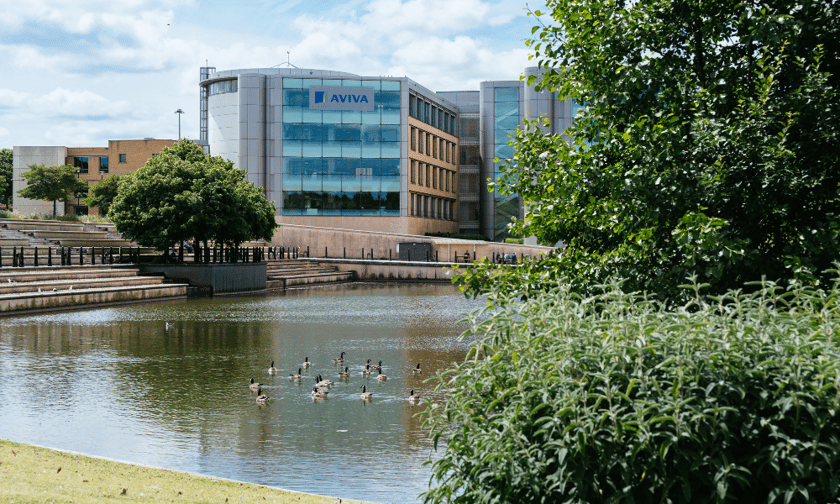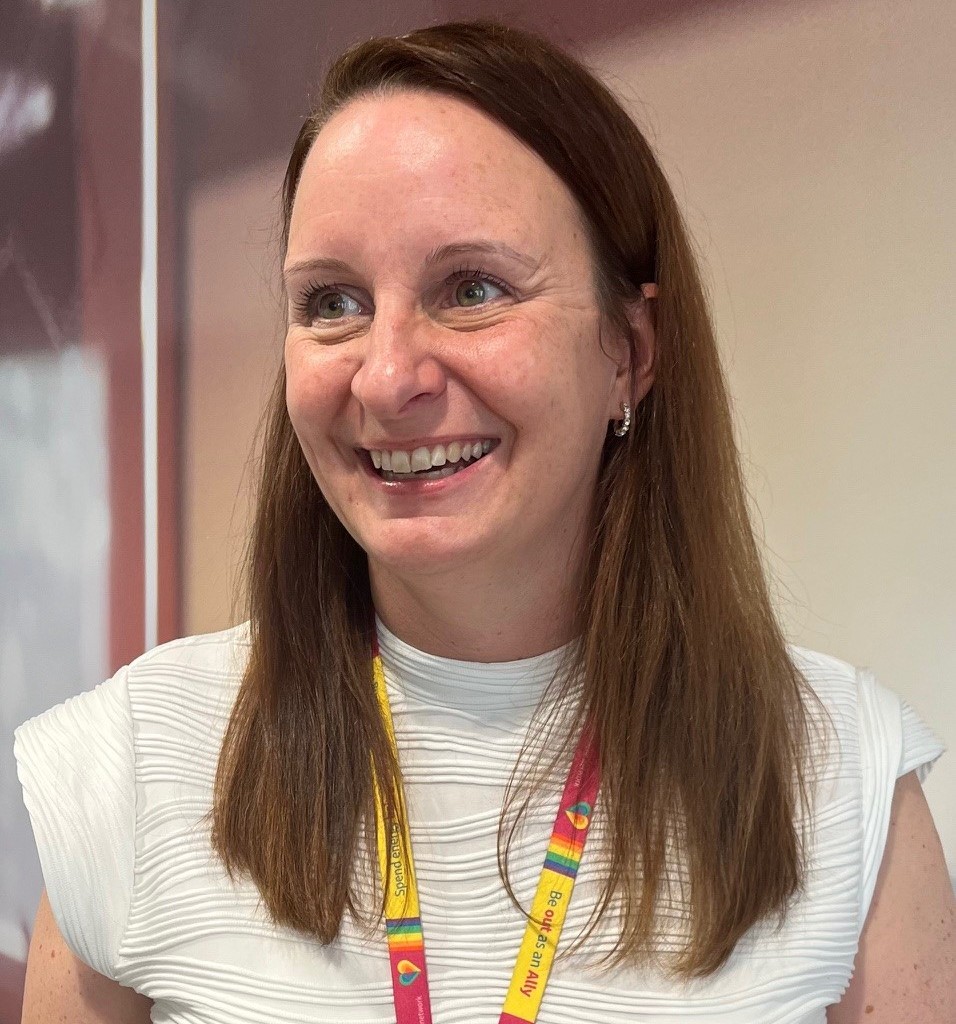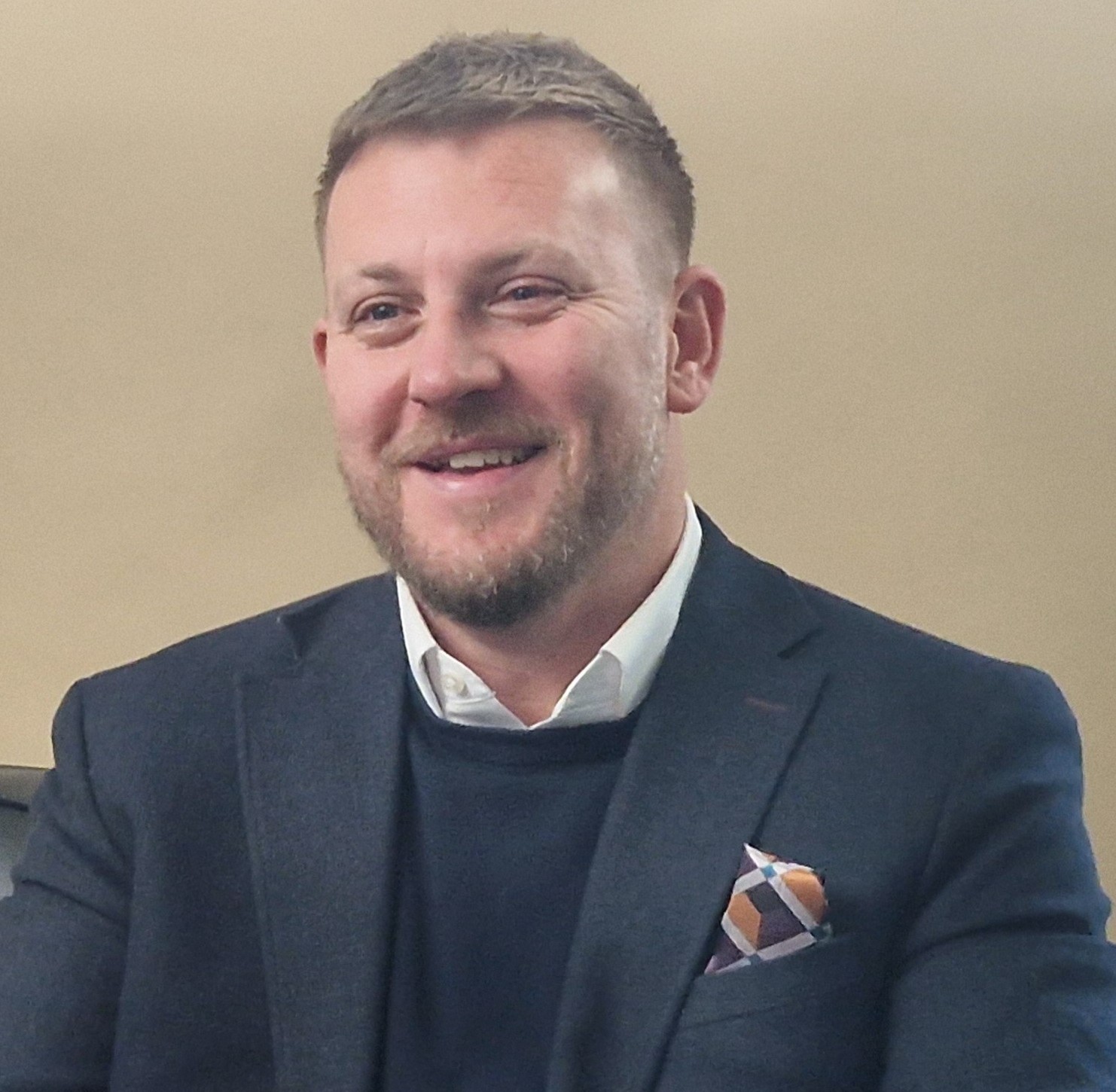

This article was produced in partnership with Aviva.
Gia Snape of Insurance Business spoke to members of Aviva’s Midlands, Southwest, and Wales team to discuss Aviva’s broker-focused strategy and emphasis on local underwriting expertise, and how this has positioned the team for success.
Once characterised by its industrial roots, the Midlands region has become a dynamic economic hub, humming with the growth of its technology, life sciences, finance, manufacturing, and creative sectors.
Together with the Southwest and Wales, this vibrant geographical area comprises the territory of Anthony Leonard (pictured below), head of region at Aviva.
In an interview with Insurance Business, Leonard zeroed in on boosting Aviva’s regional ties and expanding the firm’s accessibility to brokers by doubling down on local expertise.
"Geography is a key factor for us. Across our region we hold relationships with hundreds of brokers, each with unique client needs,” he said.

This focus on proximity to brokers has been bolstered by Aviva’s recent restructuring. The operational adjustments earlier this year brought Wendy Travers and Lee Grainger into the fold as branch managers.
He sees their fresh perspectives as instrumental in helping Aviva stay responsive to regional nuances, as their business varies considerably depending on location.
“Our key cities, Birmingham, Bristol and Cardiff, serve as major distribution hubs with extensive motorway networks, so we’re dealing with complex logistics,” Leonard said. “Meanwhile, in some of the more rural locations throughout the region, we’re working with clients across a variety of industry sectors who are diversifying their operations and requirements, which brings its own set of insurance needs.
“Our unique strength lies in our close relationship between our underwriters, managers, and brokers. We ensure our teams are branch-based in key cities or working flexibly from home or brokers’ offices to maintain proximity.
“This approach, combined with Aviva’s value proposition—including underwriters, client relationship managers, claims, risk managers, and our solutions team—allows us to deliver a comprehensive service for brokers and clients alike.”

Travers (pictured above), branch manager for the Midlands, joined Aviva in April. Even early into the role, she had an intuition that the region was pivotal.
“I view the Midlands as the powerhouse of the UK,” Travers said, clearly taking pride in the area’s scope and economic impact.
From her office in Birmingham, Travers oversees five teams covering the area from Stoke to Milton Keynes and from Gloucester to Cambridge. This physical presence makes a tremendous difference, according to Travers, giving Aviva’s underwriters direct insight into the needs of each area.
"I can't stress enough the importance of having people in the region who truly understand it and are making decisions about the business written there," she said.
"For example, our team in Leicester understands what Leicester brokers need, and our underwriters in Stoke work with local businesses they might even shop at or drive by every day.”
Local knowledge is especially vital in places like Birmingham, the second-largest city in the UK, which has transformed over the years from a hub of ironmongery and heavy industry to technology and electric transport.
“Aviva has kept pace with these changes by investing in local staff who bring deep-rooted and evolving knowledge,” Travers emphasised.

The approach isn’t just about localising underwriting. Grainger (pictured above), branch manager for the West and Wales, believes that having decision-makers at the local level has created an agile, highly coordinated team, which he believes is the real advantage Aviva brings to brokers.
Grainger, who joined Aviva only four months ago, is already seeing benefits from Aviva’s operating model where regional managers, underwriters, and decision-makers work side by side. This, he said, is key to ensuring that Aviva’s brokers get consistent underwriting decisions.
“We’ve got a strong business development community driving engagement,” said Grainger. “But I’ve encouraged building relationships beyond just our sales team in the past few months. We’re getting underwriters regularly out to broker offices, meeting with executives and handlers.
“This visibility through all levels strengthens relationships, sometimes to the point where underwriters can handle meetings independently, freeing up our distribution team to expand connections.
“It’s not just about our distribution team seeing brokers; everyone has the ability. If I had to choose, I’d say—go sit with the broker, write some business, talk to them. That approach across different geographies is something others find hard to replicate.”
Aviva’s local-first approach also relies heavily on creating long-term relationships, rather than transactional ones. Leonard stressed that the company’s strategy goes beyond writing yearly policies.
“It’s about giving skill to the people to be able to make decisions at the front line,” Leonard said. The goal, he added, is to ensure Aviva’s brokers and clients feel understood and supported over the long haul.
With more than 15 years of experience under his belt, Leonard brings an expansive understanding of operational centres. He is especially vocal about the shift Aviva has made in empowering brokers with quicker, more localised support.
Earlier this year, Aviva divided its underwriters and business managers’ responsibilities, creating separate teams for new and existing business, all within a streamlined structure aimed at ensuring brokers get direct access to decision-makers.
In Aviva’s model, underwriters and managers don’t just work from branches but are placed as close as possible to brokers, allowing underwriters to respond faster and with more tailored solutions.
This collaboration doesn’t just make life easier for brokers; it also gives Aviva’s regional teams a distinct edge. Grainger observed that by having an internal network of experts, Aviva has built a consistent underwriting discipline.
“We make and control the majority of our decisions locally, which builds broker trust in Aviva. This empowers our teams—sales and underwriters alike—to engage confidently with brokers,” Grainger said, noting this gives the company a level of accountability that brokers find increasingly valuable.
For Aviva, putting local expertise and authority front and centre is more than a strategic play; it’s a commitment to the brokers and communities that make up the company’s backbone.
This is especially true as the Midlands, Southwest, and Wales region looks to expand its appetite to more diverse businesses.
“As we look ahead to 2025, our focus is very much on following the growth trend we have seen in 2024 across a mix of all lines of business,” Leonard shared. “We are determined to go even further in supporting our broker partners across the Midlands, Southwest and Wales to provide the right insurance solutions to meet their clients’ diversifying needs.”
“Our strategy includes collaborating with brokers to promote our products and propositions, building team capabilities, and focusing on sectors like construction and industrial markets. Understanding local markets is crucial—having tailored products and expertise ensures we connect with clients effectively and position ourselves as industry experts."
“Never has it been more important to have people in the region who understand the region,” Travers added.
